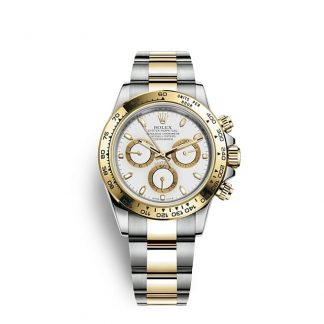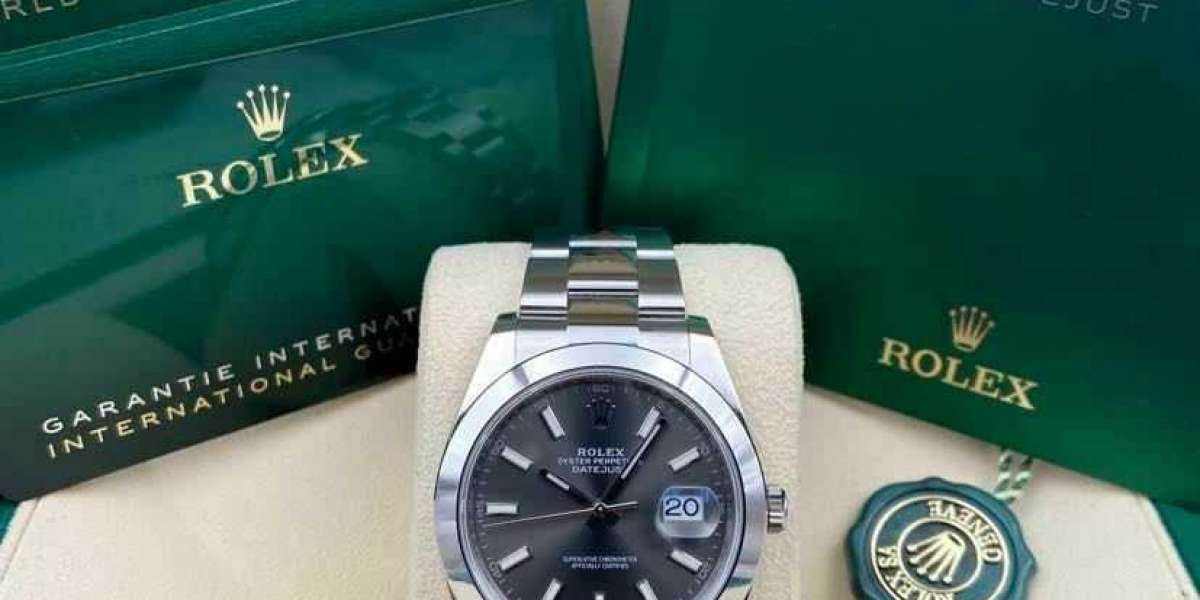Rolex watches are known for his or her luxurious, craftsmanship, and high worth level. Nonetheless, there is a profitable market for Rolex replicas – watches that imitate the design and look of authentic Rolex timepieces but are bought at a fraction of the worth. However is it legal to sell Rolex replicas?
The reply to this query is just not as easy because it may seem. Rolex, like many luxury brands, fiercely protects its intellectual property and trademarks. The company has a team of legal professionals devoted to monitoring and imposing its intellectual property rights, together with its trademarked brand identify, emblem, and design parts. Selling counterfeit Rolex watches that bear the Rolex brand or carefully resemble genuine Rolex watches is against the law and may end up in legal consequences.
Within the United States, selling replica watches that infringe on the trademarks of a model like Rolex is considered trademark infringement. It is a violation of the Lanham Act, which governs trademarks and unfair competition in the U.S. Promoting counterfeit Rolex watches can lead to civil lawsuits from the trademark owner, in addition to criminal charges for trademark counterfeiting. The penalties for trademark infringement can embody hefty fines, seizure of counterfeit goods, and even imprisonment in extreme circumstances.
Along with trademark infringement, selling Rolex replicas can also violate other laws related to intellectual property. For instance, promoting watches with designs that closely mimic Rolex's patented applied sciences or commerce dress can lead to a patent or commerce costume infringement claim. Patents protect inventions or technical innovations, and commerce costume protects the general appearance of a product. If a Rolex replica audemars watches uses patented technologies or commerce gown without authorization, the seller might face legal motion from Rolex.
Despite the legal risks, the market for Rolex replicas continues to thrive, fueled by client demand for luxurious goods at affordable prices. Some sellers of replica watches try to circumvent the regulation by utilizing disclaimers or labels that indicate the watches usually are not authentic Rolex merchandise. These disclaimers could state that the watches are "homage" or "impressed by" Rolex, fairly than claiming to be genuine Rolex watches.
Nevertheless, utilizing disclaimers or labels to avoid authorized consequences may not at all times be efficient. Courts have ruled that disclaimers or labels which can be misleading or misleading to consumers do not shield sellers from liability for trademark infringement. If a client is more likely to be confused or misled into believing that a replica watch is an authentic Rolex product, the vendor should be held liable for trademark infringement.

In some circumstances, sellers of Rolex replicas may additionally face legal motion from online platforms or marketplaces where they listing their products. On-line platforms like eBay, Amazon, and Alibaba have policies prohibiting the sale of counterfeit items and should suspend or terminate the accounts of sellers who infringe on trademarks. These platforms have programs in place to detect and take away counterfeit listings, and they could cooperate with trademark owners to enforce their mental property rights.
In conclusion, promoting Rolex replicas is a risky venture that can lead to authorized consequences. While some sellers could try to keep away from legal responsibility through the use of disclaimers or labels, these efforts may not at all times achieve success. Trademark infringement, patent infringement, and commerce costume infringement are all potential legal risks for sellers of Rolex replicas. As the marketplace for counterfeit goods continues to evolve, it can be crucial for sellers to concentrate on the authorized implications of selling replica watches and to adjust to mental property legal guidelines to keep away from legal trouble.








